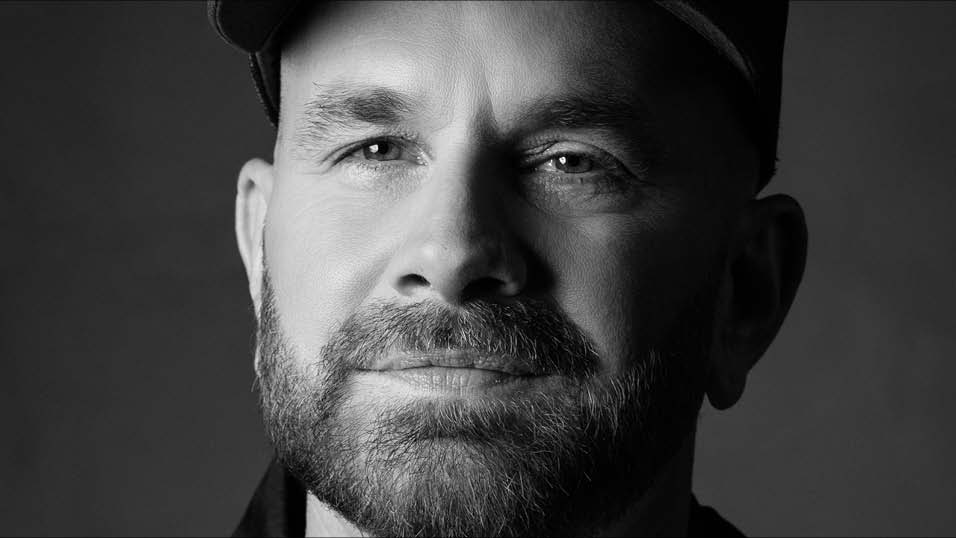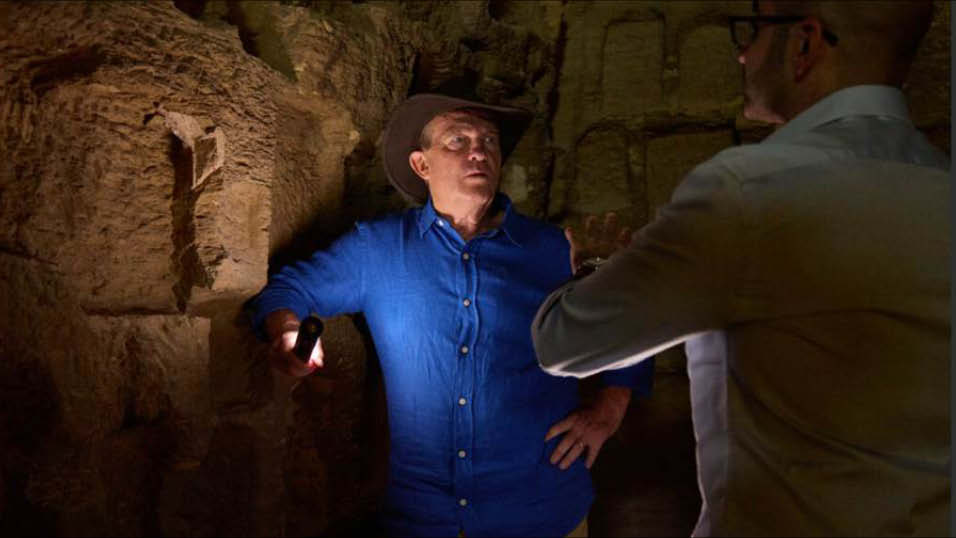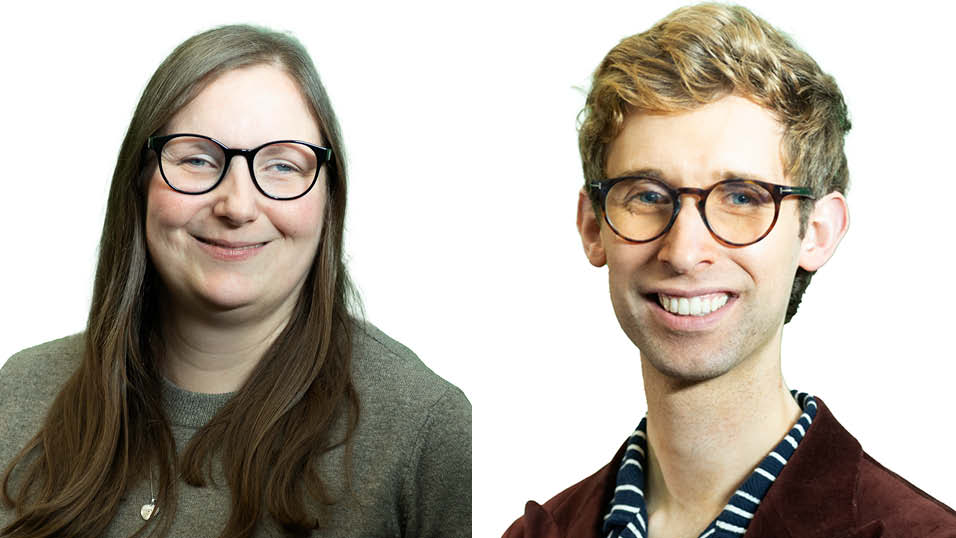The theme of the RTS Cambridge Convention, held across Wednesday and Thursday this week, was Britishness on a global stage. Beginning on the day following closure of the Channel 4 privatisation consultation, the convention also focused on the future of the commercial PSB.
The conversation across two days certainly had that classic British hallmark of self deprecation. While there’s still a weighty sense in the industry that we’ve missed the boat to create a global streaming service, the UK remains a global creative powerhouse. So, with the streaming services set to steadily increase their multi-billion pound content budgets, how can the UK PSBs compete?
Chin up, pour a cup of tea and find the solution. The answer was very much let’s work together, pivot on the UK’s status as a creative leader, keep friends close and frenemies closer still. A good start, to have YouTube’s md UK and Ireland Ben McOwen Wilson chairing the convention adroitly.
The DCMS delivered its rationale for why a partnership – in the shape of new ownership of Channel 4 – makes sense. With the cabinet reshuffle on the day of his highly anticipated RTS keynote, Oliver Dowden was replaced by Nadine Dorries as Culture Secretary. Stepping into the breach, media minister John Whittingdale delivered the convention speech. (Whittingdale was also out of office by the second day of the convention.)
The speech revealed that the upcoming government White Paper is set to include proposals that will expand the remit of public service broadcasters to include a requirement to be “distinctively British”.
Whilst conceding that Britishness is “ a nebulous concept”, Whittingdale then went on to give it some definition. “I’m talking about continuing to make the programmes that are ours, and only ours; that could only have been made in the United Kingdom. Derry Girls, Goggle Box, Fleabag and Black Adder Goes Forth were cited as examples.
The speech argued why Channel 4 might be better in the hands of an owner with deep pockets, allowing it to invest and grow in the face of global competition. Whittingdale drew comparisons with ViacomCBS’s ownership of Channel 5, where the PBS remit still stands. Being public service is not the same as public ownership, he said.
Dana Strong, Group CEO of the Comcast-owned Sky Group reminded delegates that despite there being no British Netflix, BBC iPlayer was ahead of its time when it launched in 2008. With Sky being an aggregator, as well as a broadcaster and studio, she was a chief proponent of the mantra that “collaboration is essential.”
Just before Pinewood TV Studios sponsoring lunch at King’s College on the first day and with Sky investing heavily in its studio facility at Elstree, it was an apt moment for Strong to say that “investment in studios is a really good indication of people wanting to do business here.”
It was the first time that the BBC chairman Richard Sharp has made a public intervention. In his keynote, he called for the outdated Communications Act 2003 to be replaced with modern legislation fit for the digital age and took the opportunity to drive a stake in the ground for the BBC’s reputation “as a pre-eminent purveyor of facts in the disinformation age.”
Sharp’s comment that “privatisation is a little local issue and Channel 4 will fit into the strategy of one of the big players,” put the cat among the pigeons. In his own keynote, Tim Davie clarified and then summed up the position of many in the room. “We don’t have a position on the ownership structure of Channel 4. What we do care about is the wonders of the PSB ecology, it’s a wonderful thing, we play with that at our peril.”
Alex Mahon made it clear that Channel 4 is in a good place, financially – revenues are projected to grow to £1.1bn this year – and creatively, All4 leading the way as the UK’s biggest free streaming service. She warned of the potential critical impact on the independent production community, if privatisation is the chosen route. No new ownership needed.
Maria Kyriacou, president of ViacomCBS UK and Carolyn McCall, ceo of ITV both talked about the imperative of growing their own digital services – ITV Hub and My5. McCall referred to iPlayer’s 20 year history and said that they had been playing “catch up” under her watch at ITV. She also reflected on the shift in revenue; just 10 years ago ad revenue was king, now it represents around 50 per cent. In common with the other broadcasters taking the stage over the two days of the convention, it is exploring all potential revenue streams.
If anyone was looking for proof that there is a huge demand for Britishness, then the penultimate session of the conference heard from the busy coal-face of production. Voltage TV founder Sanjay Singhal said: “there’s insatiable demand. It’s all about how to meet that demand in terms of the veracity of innovative, scaleable ideas.” The strong demand has been creating a shortage of talent for some time now, to the extent that Singhal has had directors and even contributors asking for a share of IP.
Singhal was sitting alongside Netflix vp unscripted and documentary Brandon Reigg who talked about “a ton of creativity” in the UK. He also noted that the volume of production has led to a log-jam in the UK, but this wouldn’t put Netflix off making shows here. The streaming service has invested in training and is looking to partner more with UK PSBs on co-productions. With the UK industry embracing its frenemies this should be music to their ears.
To end this piece with an over-arching view, YouTube’s Chief Business Officer Robert Kyncl looked across the last ten years, where we have seen the disruption of video globally. What does he think will be the big change in the next ten years? Now is the time when we witness video, online and sales merging…”The second decade of this century has seen the disruption of video, the third is the disruption of commerce.” .
Pippa Considine
Share this story















